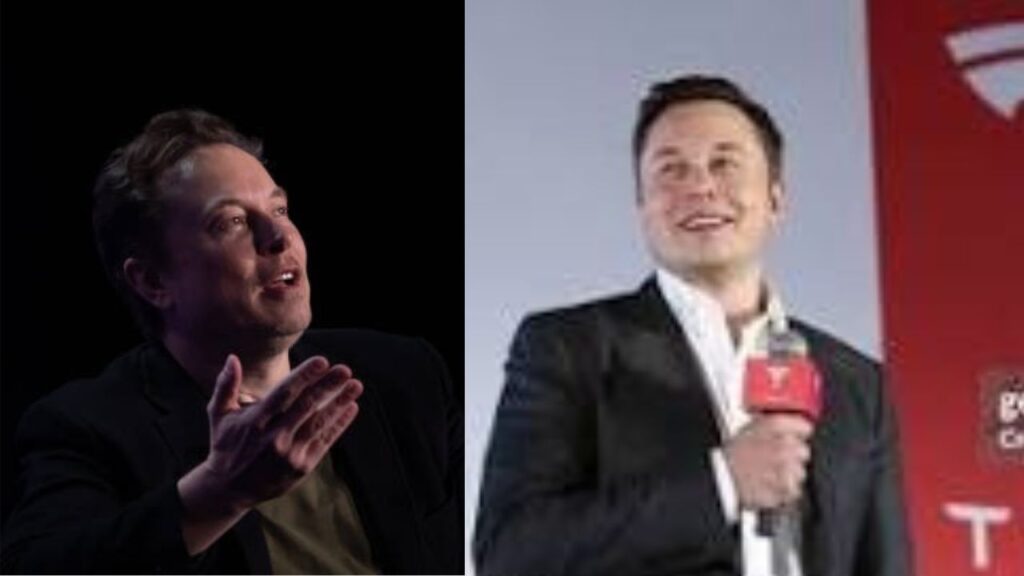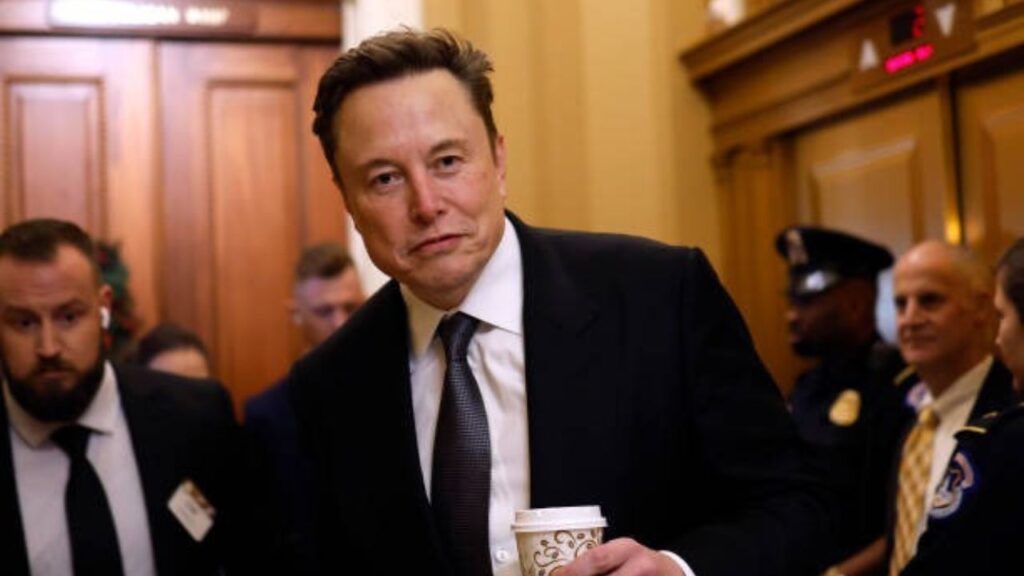Musk’s company applies for supply license as UK car sales plummet by 60%
Elon Musk’s Tesla is preparing to enter Britain’s household energy market, filing an application with energy regulator Ofgem for an electricity supply license that could see the company powering homes across England, Scotland and Wales by 2026.
Strategic Expansion into Energy Supply
The formal application, submitted last month by Tesla Energy Ventures—the company’s Manchester-based subsidiary—represents Tesla’s latest diversification effort as its core electric vehicle business faces mounting challenges in Europe. The proposed service, expected to operate under the “Tesla Electric” brand, would enable the company to supply electricity directly to domestic and commercial premises.
Andrew Payne, who has led Tesla’s European energy operations since 2016 and oversees a team of more than 60 employees, signed the application. However, Ofgem’s assessment process can take up to nine months, meaning approval could extend into late 2025.

Targeting Tesla Ecosystem Users
The electricity supply service is anticipated to focus primarily on existing Tesla customers, particularly those who own the company’s vehicles, home batteries, or solar systems. This strategy mirrors Tesla’s successful Texas operation, launched in 2022, which offers Tesla owners discounted charging rates and compensation for selling excess solar power back to the grid.
However, the service would be limited to electricity-only contracts, as Tesla has not applied for a gas supply license, making it unsuitable for households requiring dual-fuel arrangements.
Car Sales Decline Drives Diversification
The energy venture comes at a challenging time for Tesla’s automotive division in the UK. New Tesla registrations collapsed by nearly 60% in July 2025, dropping from 2,462 vehicles in July 2024 to just 987 units. This dramatic decline has shrunk Tesla’s UK market share from 1.67% to 0.7% over the same period.
Year-to-date figures show Tesla’s UK sales down 7% for 2025, reflecting broader European challenges that have coincided with increased scrutiny of Musk’s political activities and his evolving relationship with various world leaders.
Building on Existing Infrastructure
Tesla has already established a foundation in Britain’s energy sector through its popular Powerwall home battery systems, which can store electricity from solar panels or the grid during off-peak hours. The company also manufactures home charging stations for electric vehicles and obtained an electricity generation license in 2020.
The expansion plans were first hinted at in 2023 when Tesla posted job listings for energy operations roles, signaling its intent to move beyond equipment sales into direct energy supply.
Proven Model from Texas
Tesla’s Texas electricity business provides a template for the UK operation, offering integrated services that capitalize on the company’s ecosystem of products. Customers can charge their vehicles at reduced rates while earning revenue by selling stored energy back to the grid during peak demand periods.
This approach positions Tesla to benefit from Britain’s growing renewable energy adoption and the increasing popularity of home battery storage systems, even as its traditional automotive business faces headwinds in the European market.






